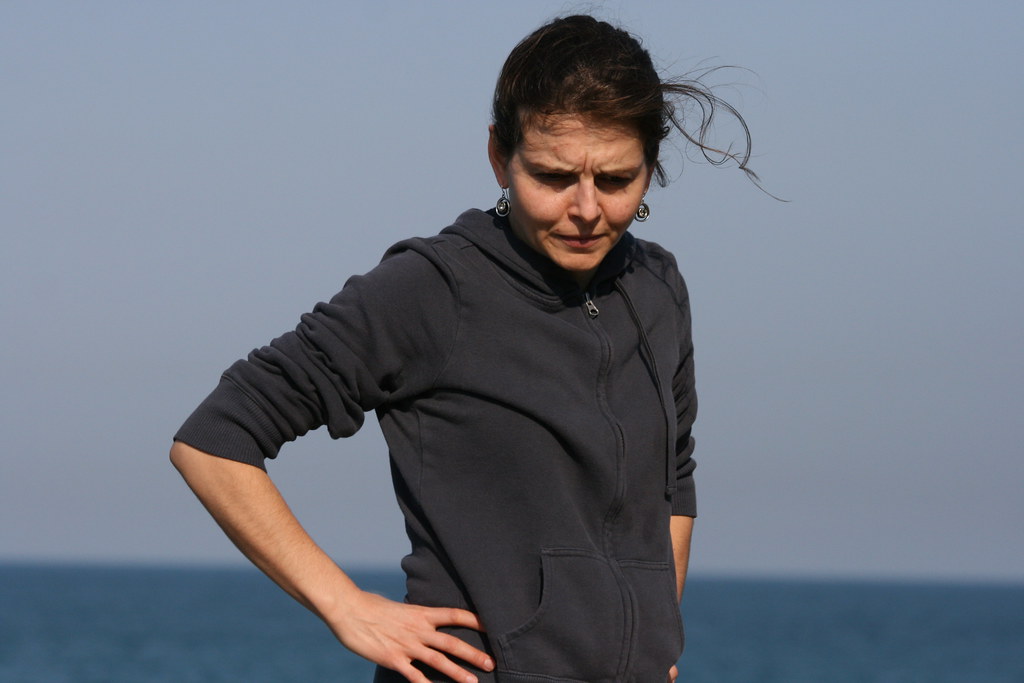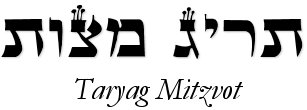There once was a king who appeared to be in mortal danger. A loyal follower stepped in to save him, but convinced it was the only way to save the king, he put him in a tower, where the king essentially became a prisoner. After a while, the king's subjects got so used to the king being in the tower that they gave no thought to restoring him to his palace.
Much later, another loyal follower realized what must be done, and released the king, but it had been so long since anyone had actually been in the king’s presence, that few realized who he was, so they refused to serve the king, thinking that in doing so, they were being loyal to the "real" king.
While I have already written about how halachic language can place a distance between us and God, there are other things which also weaken our relationship with HaShem. In this post, I will try and make the case that philosophical and kabbalistic ideas and language have created a gap in our connection to God, and that while they once served a beneficial purpose, that time has passed.
In the above-mentioned parable, I suggest that there was a time when God “needed to be saved”. It was an era where serious religious ideas were being discussed in philosophical terms in the Christian and Muslim worlds, and for Jews to not do so, was to suggest that our conception of God was not serious and thought-out. Into the gap stepped those like Rav Saadiah Gaon and the Rambam, writing philosophical works which showed that Judaism did not conflict with the ideas of thinkers like Plato and Aristotle. There was, however, a downside to this process. They put God in a castle whose bricks were made up of ideas like “the unmoved mover” and “negative theology”. It is one thing to pray to and serve a God who cares about us and listens to our every word. It is entirely something different to pray to and serve an abstract idea.
Of course, it was not just the rationalists who created the castle. Kabbalah, basing itself on Neo-Platonic thought, spoke of God as the Ein Sof, literally the one who has no limit or end. In using this phrase, it was suggested that, in essence, we could not even speak of God as existing, as that phrase can only describe things. Again, the gap between us and God was described as unbridgeable.
In recent times, two great thinkers, Michael Wyschogrod, and Rav Eliezer Berkovits, critiqued these approaches,. Wyschogrod suggested that we need to go back to the God of the Tanach. For him, even Chazal’s conception of God was not identical to the true God of the Tanach. He wrote:
It is of course necessary to mumble a formula of philosophic correction. No space can contain God, he is above space, etc., etc. But this mumbled formula, while required, must not be overdone. It must not transform the God of Israel into a spatial and meta-temporal Absolute . . . With all the philosophic difficulties duly noted, the God of Israel is a God who enters space and time . . . God dwells not only in the spirit of Israel . . . he also dwells in their bodies.
While philosophical language serves to prevent seeing God as physical, when used beyond the minimal necessary amount, it leads us to lose God as a reality in our experience.
Berkovits, in his God, Man, and History speaks of the Gods of philosophy and kabbalah, as “the gods of the pagans”. With this strong phrase, he too suggests we have lost the Jewish conception of God, only in his telling, that God is found in Tanach, as well as in the words of Chazal.
The Besht, and the early chassidic thinkers, as well as the Ramchal, offered an approach that set the king free. Even as they made use of aspects of kabbalistic thought, they brought it down to earth in a way that spoke to the average person, as much as it could speak to scholars and thinkers. Where God was once hidden “outside of the world”, they helped bring him back. In doing so, they helped create a partial revolution. I say partial, because they only captured some minds. For too many, the intellectual component of these thinker’s approach was not seen, and for too many, it was seen only as a movement for the masses. It is here that I turn to the application of these ideas to the Modern Orthodox world.
As I noted in my recent book review, for the most part, Modern orthodoxy hitched its wagon to the approach of Rav Yosef Ber Soloveichik. Even as he had a side of him that was drawn to the Tanya, his students, he said, “want his mind, and not his heart”. Modern kabbalistic and chassidic thought are seen as somehow out of bounds to much of the MO world. They are seen as simplistic, non-intellectual, and fanciful. Witness the negative response in much of the MO world to the development of neo-chassidus in their midst (I think this point stands, even as neo-chassidus does not always include all of the depth of classical chassidus). As my religious thought has developed, I’ve seen that this conception is very much mistaken. Whether it’s reading an essay by Hillel Zeitlin on applying William James’ thought to Judaism (available here), or seeing how Isaac Breuer uses Kant and Kabbalah to address biblical criticism, I’ve seen that chassidus and kabbalah can be every bit as intellectually stimulating, as any area of classical Western thought.
The language we use to talk about God matters deeply. Even as we recognize that God was locked in the tower of rationalism or kabbalistic terminology for a reason, it is time to let him out. At a time when religion is often on the defensive, it is only a close connection to God that will help us and our children weather the storm. It is time to exchange the gods of the Greeks for the God of Judaism.
"While I have already written about how halachic language can place a distance between us and God, there are other...
Posted by Pesach Sommer on Wednesday, April 6, 2016












